Gastroenteritis In Cats Contagious
The condition is characterized by persistent gastrointestinal symptoms even after loss of infectious causes, owing to persistent, permanent changes to gastrointestinal functions after infectious enteritis. It can be caused by something as minor as a change in your cat’s diet to more serious issues such as infections, pancreatitis, and intestinal blockages.

Causes Of Vomiting In Dogs Gastroenteritis And Other Causes Diarrhea In Dogs Dog Cancer Adrenal Dysfunction
A huge array of conditions can affect the gastrointestinal tract, which includes the esophagus, stomach, small intestines and large intestines (colon).

Gastroenteritis in cats contagious. Gastroenteritis describes the inflammation of your cat’s stomach and intestines, or the gastrointestinal tract. The disease spreads through contact with the infected cat and their belongings. Gastroenteritis is a diagnosis of exclusion, which means that your veterinarian needs to eliminate or rule out other possible causes.
Gastritis is inflammation of the stomach that causes vomiting and stomach pain. Gastroenteritis, an irritation of the stomach and intestines, usually results in vomiting and diarrhea. While episodes may be triggered by a contagious disease, and some researchers theorize that.
No, inflammatory bowel disease is not contagious in cats or other animals. Gastroenteritis in cats is an infection of the intestines and digestive system. Other causes of enteritis or gastroenteritis in cats are:
Symptoms include cat vomiting, diarrhea, depression, and blood in the stool or vomit. A second cat has been diagnosed with the contagious feline enteritis in the southern suburbs feline coronavirus can cause gastroenteritis, and calicivirus often causes ulcerative upper respiratory infection with gingivitis and stomatitis. Feline infectious enteritis (fie) is an extremely severe, highly contagious viral disease with symptoms arising within 10 days after infection, which can lead to death within 3 to 5 days of symptoms occurring.
Pregnant queens can spread to unborn kittens where it interferes with the development of the brain. As you know, gastroenteritis is an inflammation that affects your cat’s stomach (gastritis) and intestine (enteritis). Fortunately, most cases of gastritis clear up quickly with treatment from a vet.
It may occur as a result of a serious underlying disease or due to spoiled foods. The virus causes a severe and often fatal gastroenteritis. This should be considered when patients present with chronic diarrhea or abdominal pain after infectious diarrhea or traveler's diarrhea [19,20];
If your cat is suffering from gastroenteritis you will observe the following symptoms: However, be careful of the dehydration caused by vomiting. Earlier reintroduction of enteral nutrition.
The latter in cats is not usually as frequent because they are more selective. Decreased ongoing fluid and electrolyte losses. Feline gastroenteritis and stomach irritation in cats
The infection is caused by the feline parvovirus (fpv) which is also known as the feline panleukopenia virus. Contact your vet if your cat has been vomiting and you are concerned. The first step toward finding the cause of the vomiting, diarrhea, and lethargy is a good medical history.
In most cases, these viral infections are mild. As mentioned above, if you observe these symptoms and suspect gastroenteritis you should go to the vet immediately because, although it is a common disease, it can sometimes be serious. The symptoms are very similar to those of a human:
Gastroenteritis in cats is characterized by severe, acute vomiting and diarrhea that lasts more than several days. It's normal for cats to suffer occasional bouts of vomiting and diarrhea, and in fact, many cats succumb to bouts of vomiting and diarrhea once or twice every few weeks, mostly due to their less than scrupulous eating habits. Cat owners warned of highly contagious and often fatal virus.
Gastritis can be caused by many different conditions, some minor and some more serious. Feline panleukopenia is highly contagious and difficult to control. Most cats experiencing gastroenteritis have vomiting and/or diarrhea, and they may also display a.
In many cases, the cause lies in the cat eating or drinking something contaminated, in poor condition or ingesting a foreign body, often from the garbage. Knowing what this disease is, its symptoms and causes allows you to assess the situation if gastroenteritis is. In more rare cases, gastroenteritis in cats may be accompanied by fever;
For acute gastroenteritis, antiemetic therapy is often used for the initial 24 to 48 hours when vomiting is a prominent clinical sign ( table 3 ). Is gastroenteritis in cats contagious?

Gastroenteritis In Cats Vca Animal Hospital
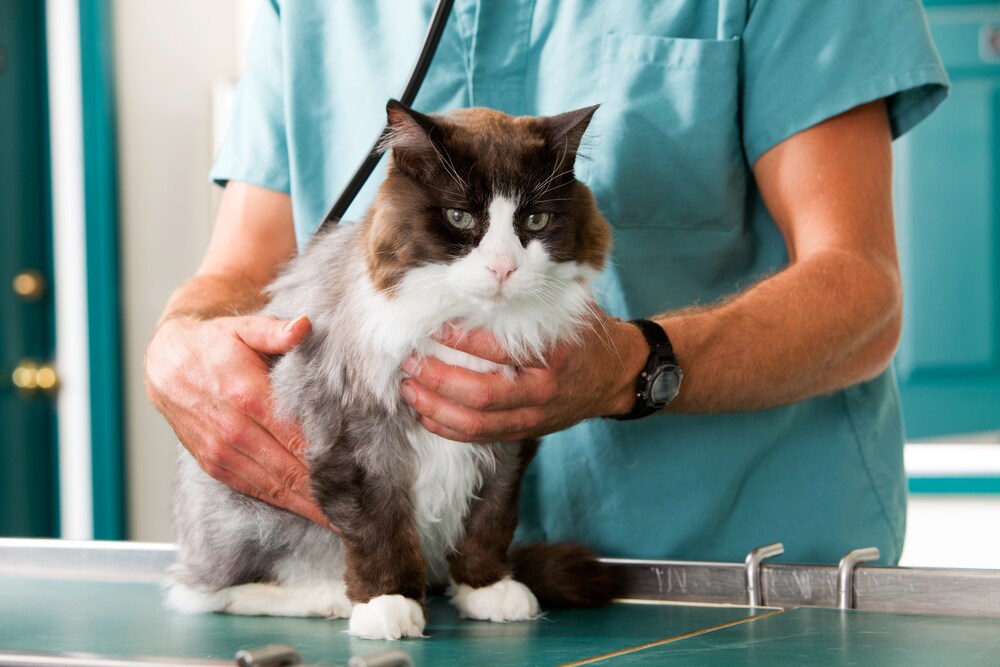
Intestinal Viral Infection Rotavirus In Cats Petmd

Does Your Cat Have Gastroenteritis Signs Treatment My Feline Buddy
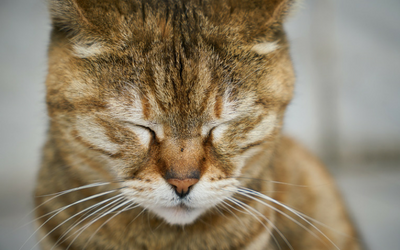
Meningitis In Cats Vca Animal Hospital

Clinical Pictures Of Feline Panleukopenia Symptoms On Cats Download Scientific Diagram
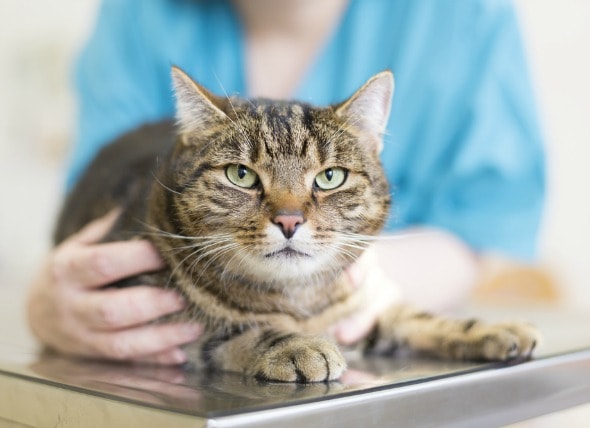
Intestinal Parasite Coccidia In Cats Petmd
Feline Calicivirus Infection
/ginger-cat-relaxing-1142424184-4e02175d72634795b60258da0a521b5f.jpg)
How To Treat Coccidia In Cats
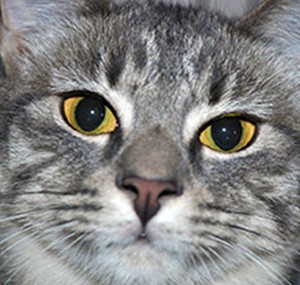
Feline Gastroenteritis And Stomach Irritation In Cats

Cat Ear Mites All You Need To Know About Ear Mites Cats Cat Ear Mites Feline Health

Does Your Cat Have Gastroenteritis Signs Treatment My Feline Buddy

References In Feline Panleukopenia - Veterinary Clinics Small Animal Practice
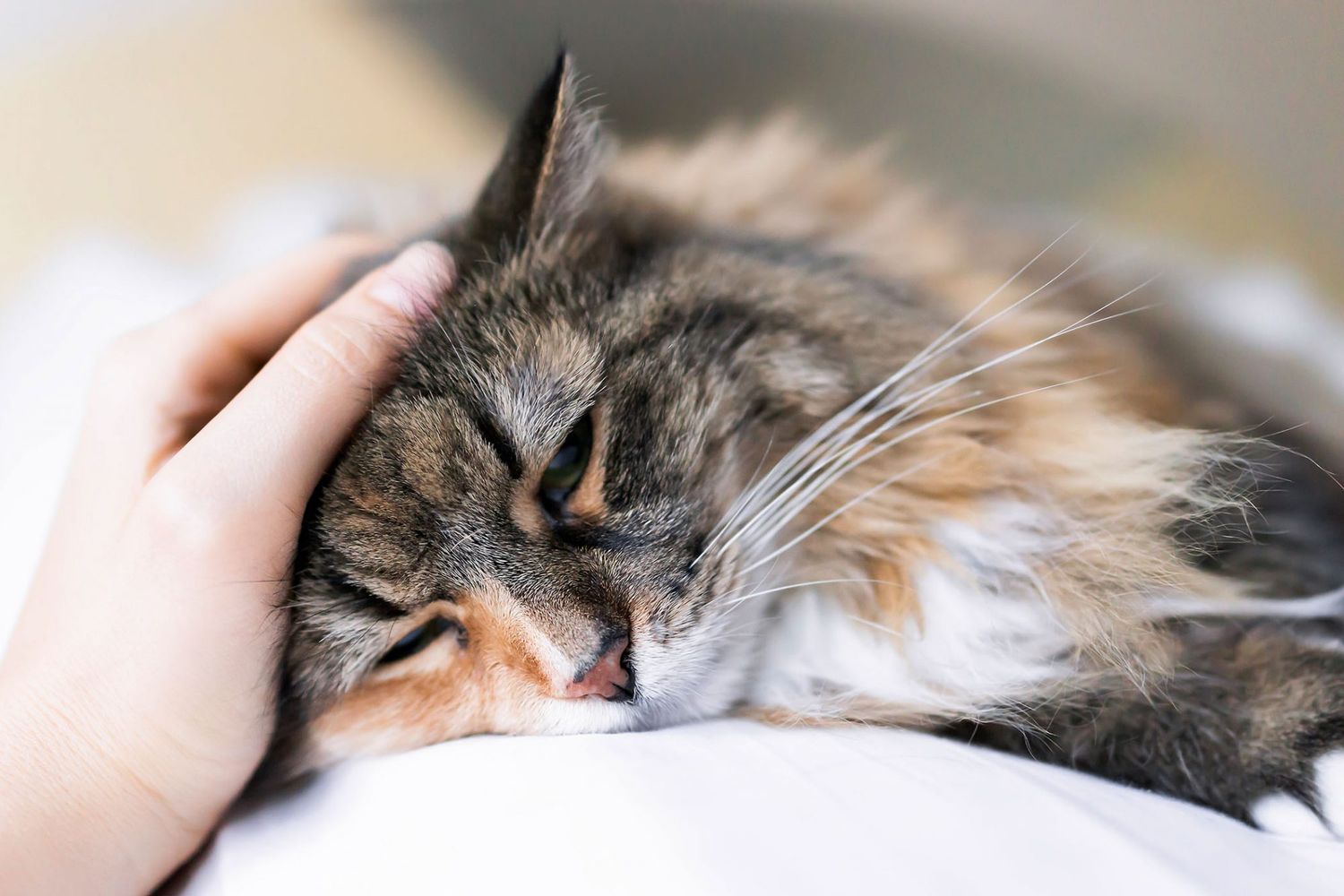
Cat Vomiting Understanding Whats Normaland Whats Not Daily Paws

Vomiting Of Blood Causes - Cats Petmd

Gastroenteritis And Cat How To Treat Gastro In Your Cat
/GettyImages-183969538-a530033e65cb4c03aeee824915675d93.jpg)
What To Do If Your Cat Is Vomiting Blood

Cat Owners Warned Of Highly Contagious And Often Fatal Virus The Courier Ballarat Vic
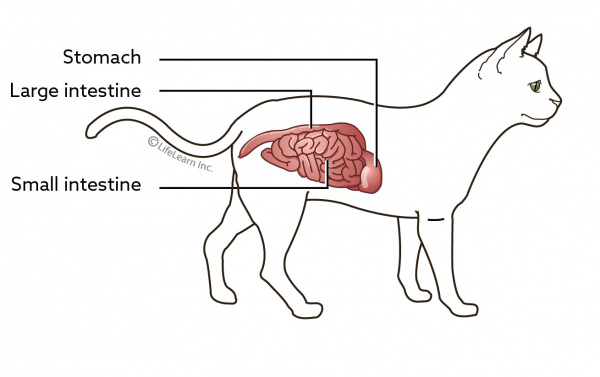
Gastroenteritis In Cats Vca Animal Hospital
Feline Calicivirus Infection